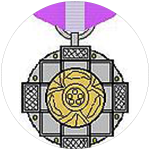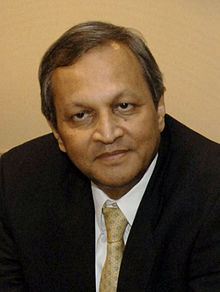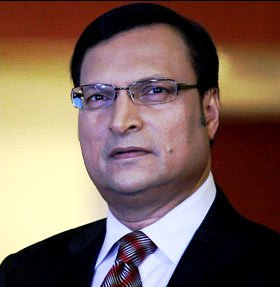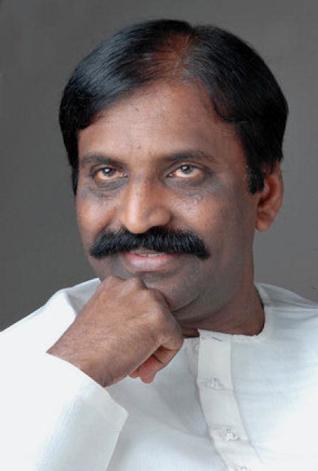Mohammed Zahur Khayyam Padma Bhushan Awarded In 2011

Mohammed Zahur Khayyam
Award Name : Padma Bhushan
Year of Award : 2011
Award for : Arts
Location : Nawānshahr Muhājidān, Punjab, Pakistan
Mohammed Zahur "Khayyam" Hashmi, better known as Khayyam, is an Indian music composer whose career spanned four decades. He was born on February 18, 1927 in Rahon, Nawanshahr District, Punjab, British India. He was never interested in his studies and was always fascinated by the music of Indian cinema. He was inclined to the music when he was very young. He often escaped to the city for watching movies. Khayyam soon ran away to his uncle's house in Delhi, in the hope of becoming an actor. Khayyam's uncle enrolled him in a school, but when he saw his passion for films, he allowed him to learn music. In those days it was actually a step forward in realizing his ambitions. He got his training in music under Pandit Amar Nath. After a stint in the Army in the Second World War, Khayyam went to Bombay to fulfil his dream. He made his debut as Sharmaji of the Sharmaji-Varmaji composer duo with the movie Heer Ranjha in 1948. He went solo after his co-composer Rahman Varma went to the newly created Pakistan post partition. One of his earliest breaks was in the film Biwi in which the song "Akele mein wo ghabrate to Honge" sung by Mohammed Rafi was a huge hit. But he gained greater recognition from the film Phir Subha Hogi starring Raj Kapoor and Mala Sinha, in which songs written by Sahir Ludhyanvi and sung by Mukesh and Asha Bhonsle were set to tune by Khayyam, notable amongst them "Wo Subha Kabhi to Aayegi", "Aasman Pe hai Khauda aur Zameen pe Hum"Â and "Chin-o-Arab Humara".
He has won three Filmfare Awards for Best Music in 1977 for Kabhi Kabhie and 1982 for Umrao Jaan, and a lifetime achievement award in 2010 . He was awarded the 2007 Sangeet Natak Akademi Award in Creative Music, by the Sangeet Natak Akademi, India's National Academy of Music, Dance and Theatre. He has been awarded the third-highest civilian honour, Padma Bhushan by the Government of India for 2011.









